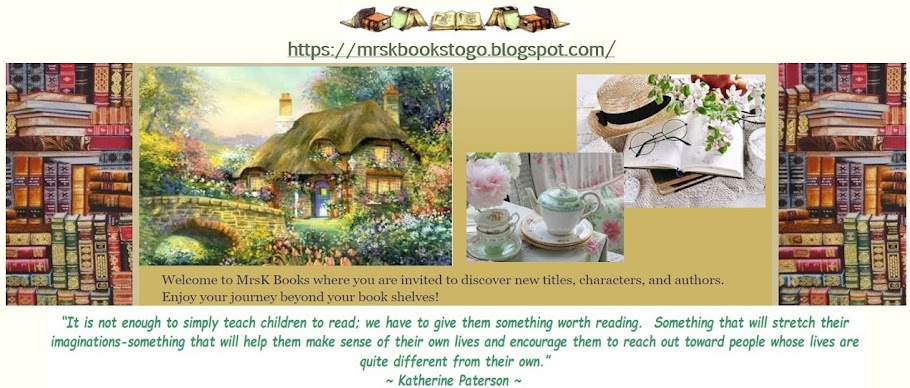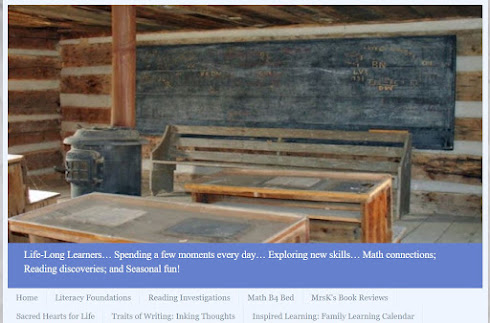
ISBN: 9780393354256
Publisher's Synopsis:
1939: the Germans have invaded Poland. The keepers of the Warsaw zoo, Jan and Antonina Zabinski, survive the bombardment of the city, only to see the occupiers ruthlessly kill many of their animals. The Nazis then carry off the prized specimens to Berlin for their program to create the “purest” breeds, much as they saw themselves as the purest human race. Opposed to all the Nazis represented, the Zabinskis risked their lives by hiding Jews in the now-empty animal cages, saving as many as three hundred people from extermination. Acclaimed, best-selling author Diane Ackerman, fascinated both by the Zabinskis’ courage and by Antonina’s incredible sensitivity to all living beings, tells a moving and dramatic story of the power of empathy and the strength of love.
"It pleased Antonina that her zoo offered an orient of fabled creatures,
where book pages sprang alive and people could parley with
ferocious animals."
MrsK's Review:
In the summer of 1935, Antonina Zabinski had many zoo concerns which weighed heavily upon her. The Warsaw Zoo's needs were her passion. The war was of concern, but not the most pressing need. For her husband, Jan, the war issues would begin a process for helping shelter many from the Nazi invasion.
Antonina's talents for painting, needlework, culinary delights and family/friends would create a well-tended home life. Her animals would become an avenue of shelter for many. Her fascination and affection for their "senses" as they "tested" their environment provided insights into their needs. When the soldiers began "flooding" into the area the animals became alarmed. When the invasion became a reality, she agrees to take their son, Rys, to a resort village where they had a chance to keep him from the cruelty of the invasion.
Antonina's talents for painting, needlework, culinary delights and family/friends would create a well-tended home life. Her animals would become an avenue of shelter for many. Her fascination and affection for their "senses" as they "tested" their environment provided insights into their needs. When the soldiers began "flooding" into the area the animals became alarmed. When the invasion became a reality, she agrees to take their son, Rys, to a resort village where they had a chance to keep him from the cruelty of the invasion.
By September of 1939, the Nazi soldiers were marching closer to the village. Jan arrived with a decision that Antonina and Rys needed to come back to the zoo, after all their army would protect their capital. Of course, that would not be the outcome. As they returned home what they experienced would forever be etched upon their hearts. The bombing had found the zoo. Fear for and of the wild animals, the Polish soldiers began shooting the frantic animals.
Once the zoo is officially closed, Jan focused of his "Home Army" duties. Antoninia begins her efforts in transitioning the zoo facilities into a place of refuge.
"How do you retain a spirit of affection and humor in a
crazed, homicidal, unpredictable society?"
With poignant scenes, heart-wrenching accuracy, and life-changing decisions, this story is a must read. Historically, Jan and Antoninia's story should be retold and discussed with every generation. The compassion, grit, mercy, and desire to live through an invasion should not be forgotten. Their voices need you, as readers, you can pick up the torch can carry on...
MrsK
"That which doesn't kill you,
makes you stronger."
Disquieting!
Any war time novel that deals with the Nazi invasion causes
a rebellion to arise within you.
Be determined to never forget...
Teach the truth!
Meet the Author:
 Diane Ackerman has been the finalist for the Pulitzer Prize for Nonfiction in addition to many other awards and recognitions for her work, which include the bestsellers The Zookeeper’s Wife and A Natural History of the Senses.
Diane Ackerman has been the finalist for the Pulitzer Prize for Nonfiction in addition to many other awards and recognitions for her work, which include the bestsellers The Zookeeper’s Wife and A Natural History of the Senses. The Zookeeper’s Wife, a little known true story of WWII, became a New York Timesbestseller, and received the Orion Book Award, which honored it as, "a groundbreaking work of nonfiction." A movie of The Zookeeper’s Wife, starring Jessica Chastain and Daniel Brühl, releases in theaters March 31st, 2017 from Focus Features.
The movie The Zookeeper’s Wife, based on the New York Times best selling book,
opens March 2017.




No comments:
Post a Comment